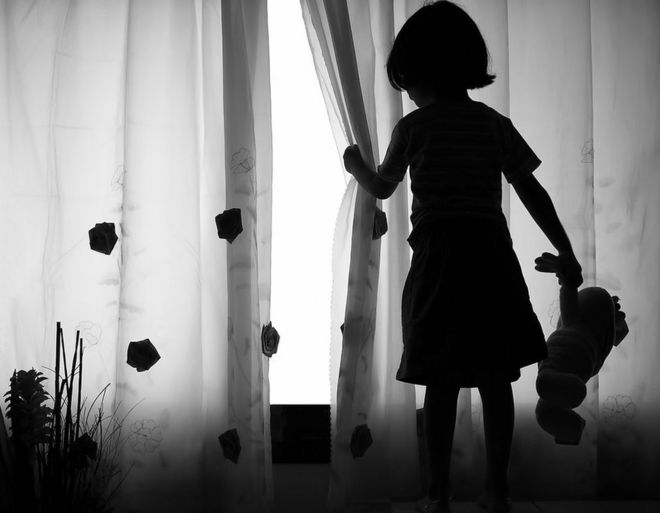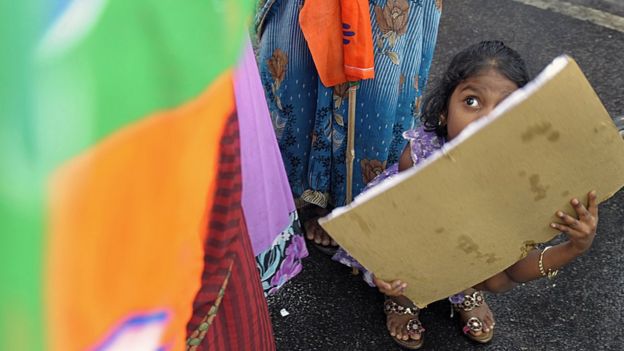India rape: Uncle did not father child's baby - DNA test
 ISTOCK
ISTOCK
Police in India have reopened the case of a 10-year-old girl after forensic tests revealed that her baby's DNA samples did not match those of her uncle who is charged with raping her.
After the Supreme Court denied her permission to abort, she gave birth to a baby girl last month.
The 10-year-old was not aware of her pregnancy. She was told her bulge was because she had a stone in her stomach.
She alleges she was raped several times in the past seven months by the uncle.
The accused, who is in his 40s, was arrested and is being tried in a special court dealing with crimes against children. He is in prison and has made no statement so far.
The BBC's Geeta Pandey in Delhi says the result of the DNA test has now led to questions over whether the girl was abused by others.
The girl's father had earlier told the BBC that the accused had not denied the charges against him. Police said the uncle had admitted to the allegations, our correspondent reports.
"So far no-one had thought of any other possibility. The girl had testified to the court on video conferencing and in her statement, she had very clearly named the uncle and revealed facts about her abuse," an official involved with the investigation told the BBC on Wednesday.
The girl's mother has reportedly told the investigators that they do not doubt anyone else, so the case has taken a very strange turn, the official added.
On Tuesday, police and counsellors visited the family again to speak to the 10-year-old.
Her pregnancy was discovered in mid-July when she complained of stomach ache and her parents took her to hospital.
A local court in Chandigarh turned down the abortion plea on the grounds that she was too far into her pregnancy after a doctors' panel advised that termination of the pregnancy would be "too risky". Later, the Supreme Court also refused to allow an abortion for her on similar grounds.
As her family refused to have anything to do with the newborn, the baby is in the care of child welfare personnel and will be put up for adoption.
The landmark case dominated global headlines for weeks, with officials saying they had never heard of a mother so young giving birth in an Indian hospital.
Indian law does not allow terminations after 20 weeks unless doctors certify that the mother's life is in danger.
But in recent years, the courts have received several petitions, many from child rape survivors, seeking to terminate pregnancies after 20 weeks. In most cases, these pregnancies are discovered late because the children themselves are not aware of their condition.
Last Friday, a 13-year-old girl who was 32 weeks pregnant gave birth to a baby boy after the court allowed her to terminate her pregnancy. The infant died two days later.
In May, a similar case was reported from the northern state of Haryana where a 10-year-old, allegedly raped by her stepfather, was allowed to abort. She was about 20 weeks pregnant, doctors said.
None of the girls can be named for legal reasons.
 AFP
AFPThe scale of abuse in India
- A child under 16 is raped every 155 minutes, a child under 10 every 13 hours
- More than 10,000 children were raped in 2015
- 240 million women living in India were married before they turned 18
- 53.22% of children who participated in a government study reported some form of sexual abuse
- 50% of abusers are known to the child or are "persons in trust and care-givers"
Sources: Indian government, Unicef



0 comments: